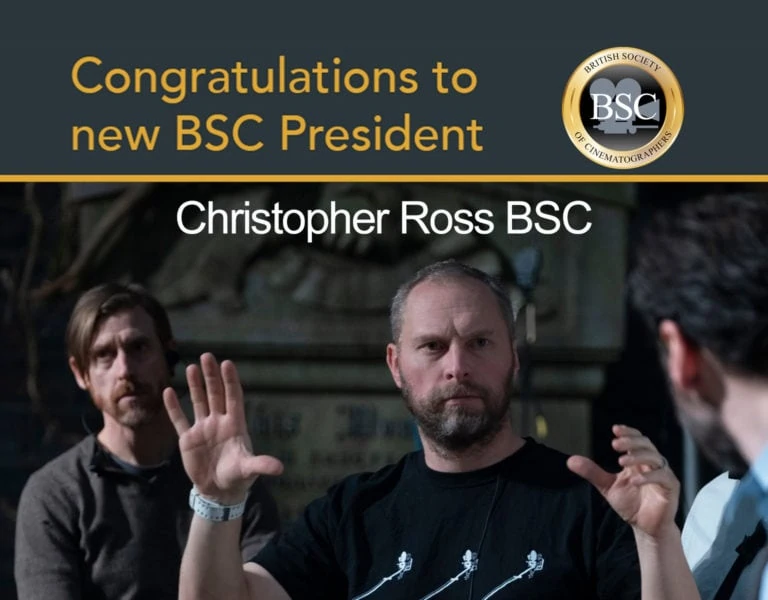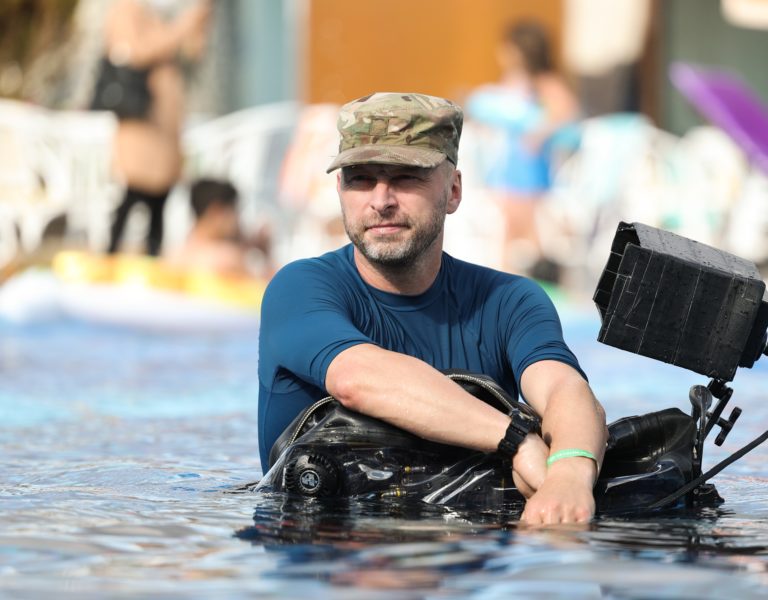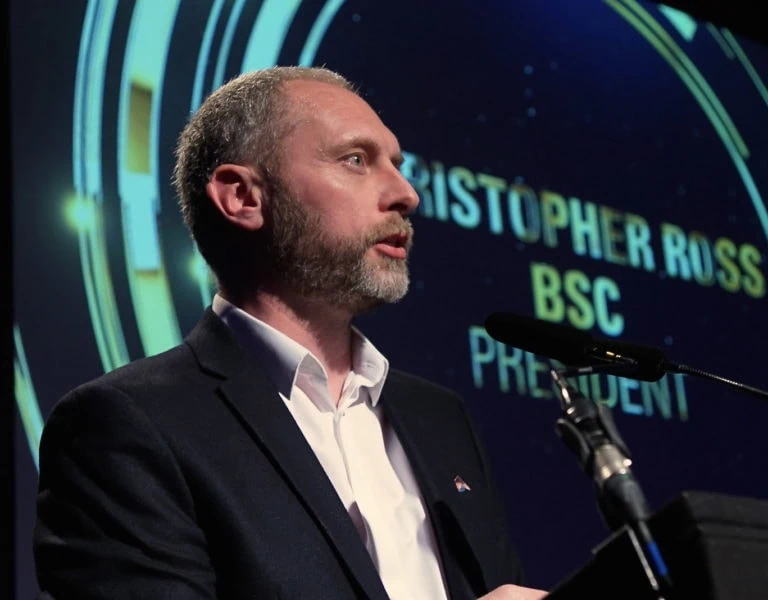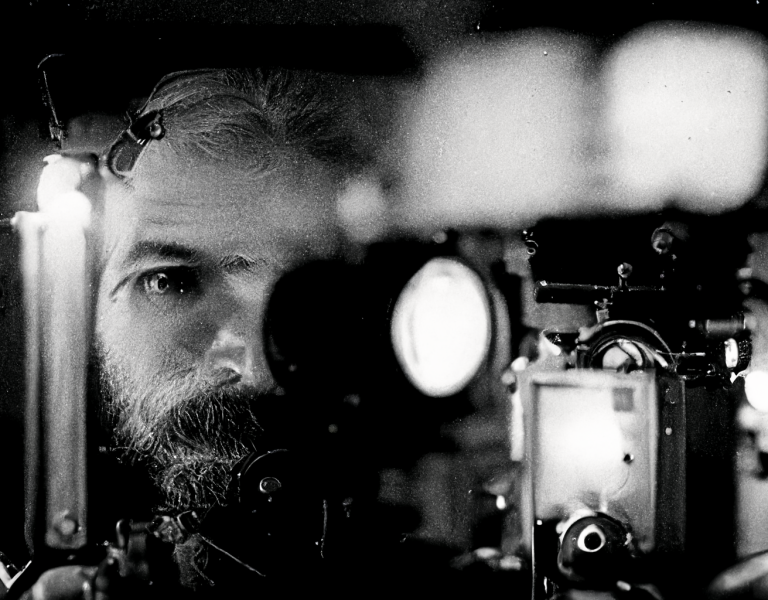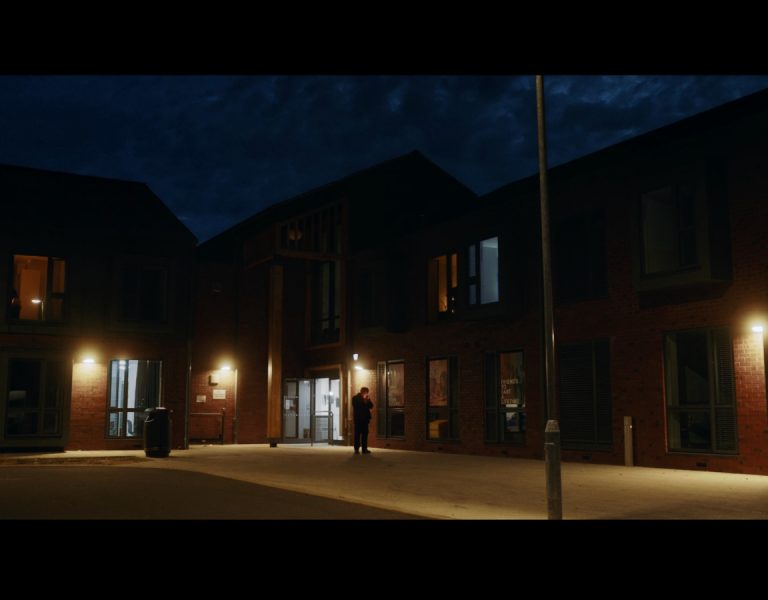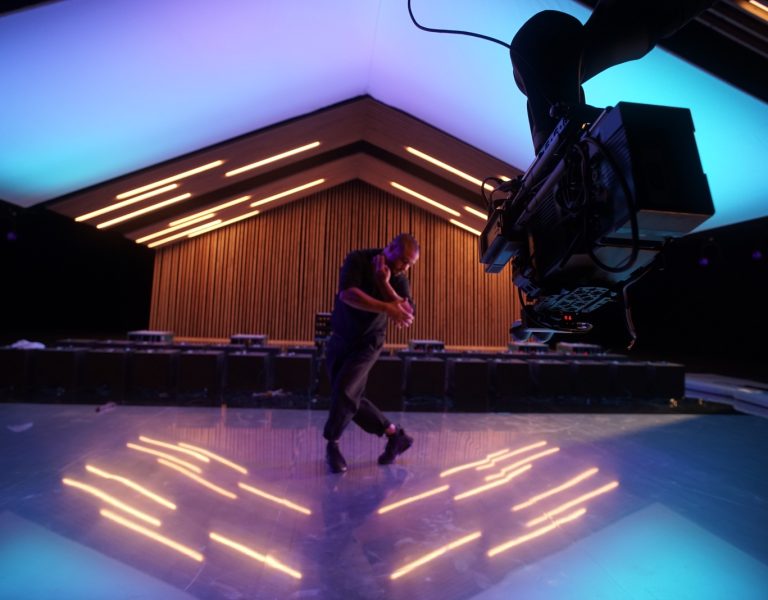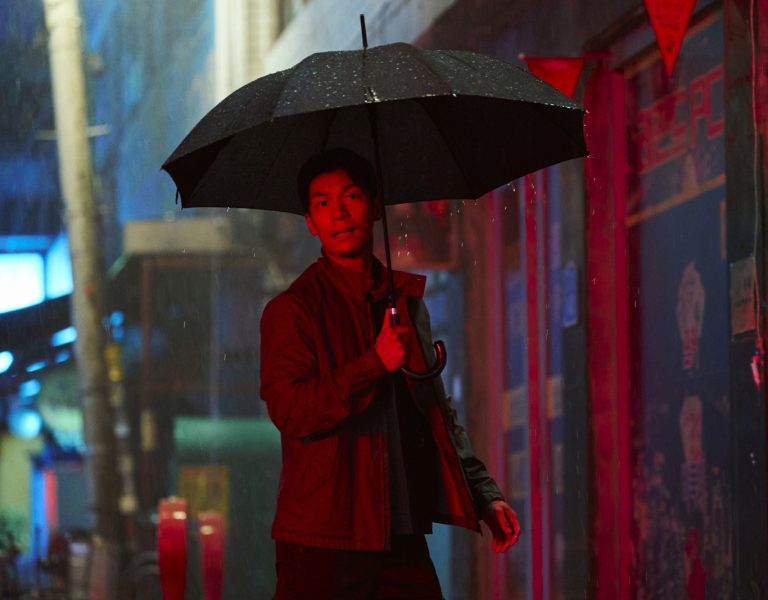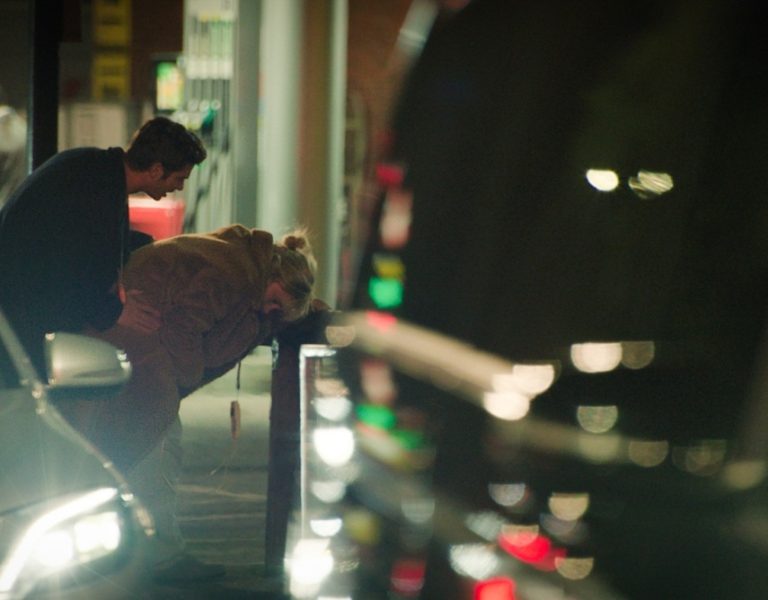Christopher Ross BSC pays tribute to a giant of the craft who leaves a remarkable legacy of education.
Fellowship
/ˈfel.əʊ.ʃɪp/
noun
1. a group of people or an organisation with the same purpose
i. “There are only ten research fellowships throughout the country devoted to empirical research in education.”
2. a friendly feeling that exists between people who have a shared interest or are doing something as a group
i. “She enjoyed the fellowship of other actors in the company.”
On 23 April, the filmmaking world came together to celebrate, and commemorate, the outstanding contribution of a quintessential British cinematographer, Brian Tufano BSC, who passed away in January at the age of 83.
Hosted at the National Film and Television School, where Brian spent 13 years as co-head of cinematography, school director, Dr Jon Wardle, presided over an afternoon smorgasbord of tea and cream cakes. Exactly as Brian would have liked it.
Tributes to Brian’s many successes were paid by those who had worked alongside him as both an educator and filmmaker. Dr Wardle spoke of the kind-hearted and dedicated way in which Brian inspired young filmmakers. Directors Stephen Daldry and Danny Boyle recounted stories of shooting their debut features under Brian’s watchful gaze, how he relished the power of the “inquisitive camera” and helped to nurture their storytelling capabilities. Co-head of cinematography, Stuart Harris, shared how he and Brian first met, how their careers diverged, and how they reconnected to become embroiled in fostering the next generation of cinematographers.
A portrait was painted of a talented, kind, and generous cinematographer, driven to share the lessons of a life spent making films and television.
I was honoured to be asked by Kate Tufano, Brian’s daughter, to speak on behalf of the BSC, and I include those words here as I dedicate this President’s Perspective to the memory of Brian Tufano BSC.
“Good afternoon, everybody.
“So wonderful to be able to join you all in celebration of Brian, of his life, work and family. I am honoured to have been asked by Kate to speak today… and am as apprehensive as the first time I met Brian.
“I guess, I stand before you as a representative… two-fold…
“Firstly, as the current president of the British Society of Cinematographers, it is my great privilege to be involved with an organisation that counts Brian as one of its most talented and successful members.
“The curious paradox with a guild such as the BSC, is that the membership at any given moment in time receives kudos from the work of its earlier members. Each generation is supported by the work of the generations that came before. We stand on the shoulders of giants, learning lessons from our peers and evolving alongside our collaborators in the hope of leaving a similar legacy for the cinematographers of the future.
“Brian was invited for BSC membership in 1974 and his films have contributed immeasurably to the way British cinema and British cinematographers are viewed around the world. Every time an audience re-discovers Phil Daniels on his 1963 Lambretta, Ewan McGregor as Renton, taking his twisted dive into the dirty depths, or Jamie Bell dancing Billy Elliot’s defiant arabesque, they are witnessing an icon. The artisan behind the images is iconic too. The kudos of Brian’s work continues to sustain future generations.
“And secondly, I represent an even larger group of cinematographers – the ones that Brian helped, not only as tutor, and later head of cinematography, at the National Film and Television School, but simply as a generous human being out in the wider world.
“I first met Brian in 2001, five years after being blown away by his photography of Trainspotting as a student in Nottingham. I was an inexperienced, naïve young cinematographer and Kate Tufano had, very kindly, asked her dad if he would be willing to offer some advice and guidance.
“Another young cinematographer, Trevor Forrest, and I, armed with copies of our latest short films, gathered in the viewing theatre at Panavision.
“Anyone in the room who has ever had the privilege of this kind of screening knows the emotional rollercoaster that is involved. The endorphin high of surfing on a sea of praise and the adrenalised flight-reflex response to criticism.
“Brian’s nature of quiet frankness, of persistent curiosity, of servitude to story and character were all present at this screening. Questions abounded: exposure decisions…filter and lens choices…key lights and scene blocking…the steely gaze of judgement.
“Of course, Trevor and I received a kicking. If only we had known of Brian’s love of tea and cream cakes, we may have brought a bribe.
“But Brian’s perception went far deeper than surface criticism. The frank examination that he applied to his own work were revelatory when applied to Trevor’s and mine.
“This naïve cinematographer had thought that it was easy. I had a camera and filmstock…what else was needed? But Brian’s response to my filmmaking was paternal… parental: “Curious choice – you’ve let yourself down a bit there. But you won’t make that mistake again.”
“He taught me that it was just as important to work out why one idea was successful as it was to work out why a different idea had failed, and that was the crux of it – images with big ideas seen from outside the box.
“Looking back, I was cruising along the shallowest section of my learning curve, blissfully ignorant. That soon changed. In a two-hour conversation Brian propelled me onto the steepest section, and his words have stayed with me on that journey ever since.
“So, I’m a representative, and we all are in some way, a representative of Brian.
“Brian’s legacy thrives in the images that he crafted, and in the images of all the cinematographers who’s lives he enriched.
“We stand indebted, in remembrance of a master of our craft.”
